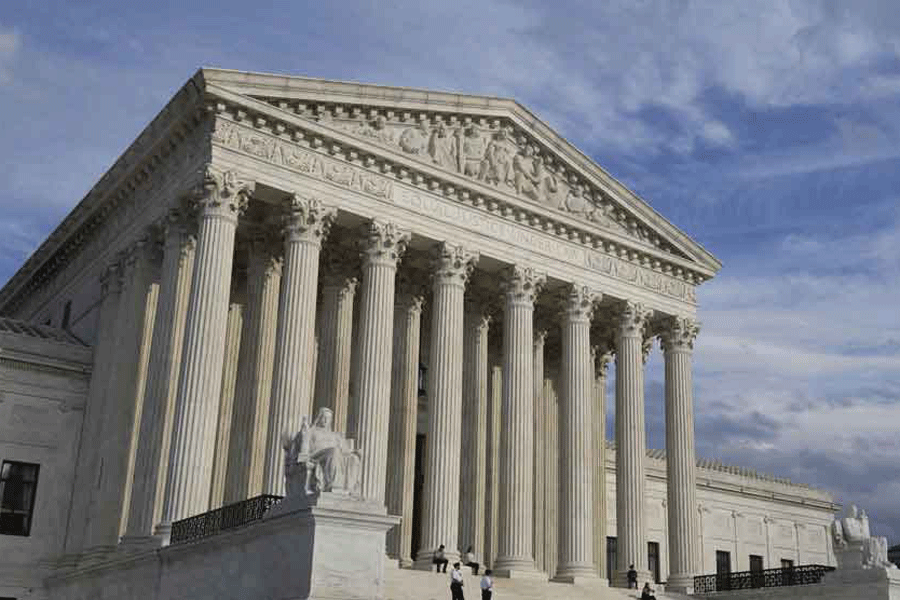The Supreme Court ruled on Friday that the Biden administration had overstepped its authority with its plan to wipe out more than $400 billion in student debt, dashing the hopes of tens of millions of borrowers and imposing new restrictions on presidential power.
It was a resounding setback for President Biden, who had vowed to help borrowers “crawl out from under that mountain of debt”. More than 45 million people across the country owe $1.6 trillion in federal loans for college, according to government data, and the proposed debt cancellation, announced by Biden last summer, would have been one of the most expensive executive actions in US history.
The vote was 6 to 3, with the court’s liberal members in dissent.
The administration said its plan was meant to address the coronavirus pandemic and its lingering effects and was authorised by the Higher Education Relief Opportunities for Students Act of 2003, usually called the HEROES Act. That law, initially enacted after the terrorist attacks on September 11, 2001, gives the secretary of education the power to “waive or modify any statutory or regulatory provision” to protect borrowers affected by “a war or other military operation or national emergency”.
In March 2020, President Trump declared that the coronavirus pandemic was a national emergency, and his administration invoked the HEROES Act to pause student loan repayment requirements and to suspend the accrual of interest.
The Biden administration followed suit. The payment pause has cost the government more than $100 billion, according to the Government Accountability Office.
In August, the administration said it planned to switch gears, ending the repayment pause but forgiving $10,000 in debt for individuals earning less than $125,000 per year, or $250,000 per household, and $20,000 for those who received Pell Grants for low-income families.
Nearly 26 million borrowers have applied to have some of their student loan debt erased. While the government has approved 16 million applications, no debt has been cancelled yet. The education department, which owns and manages the government’s $1.5 trillion student debt portfolio, has stopped accepting applications in light of the legal challenges.
In separate cases, six Republican-led states — Nebraska, Missouri, Arkansas, Iowa, Kansas and South Carolina — and two individuals sued to stop the new plan. They relied on recent decisions employing the so-called major questions doctrine, which says that Congress must speak clearly when authorising the executive branch to act on important economic questions.
New York Times News Service










